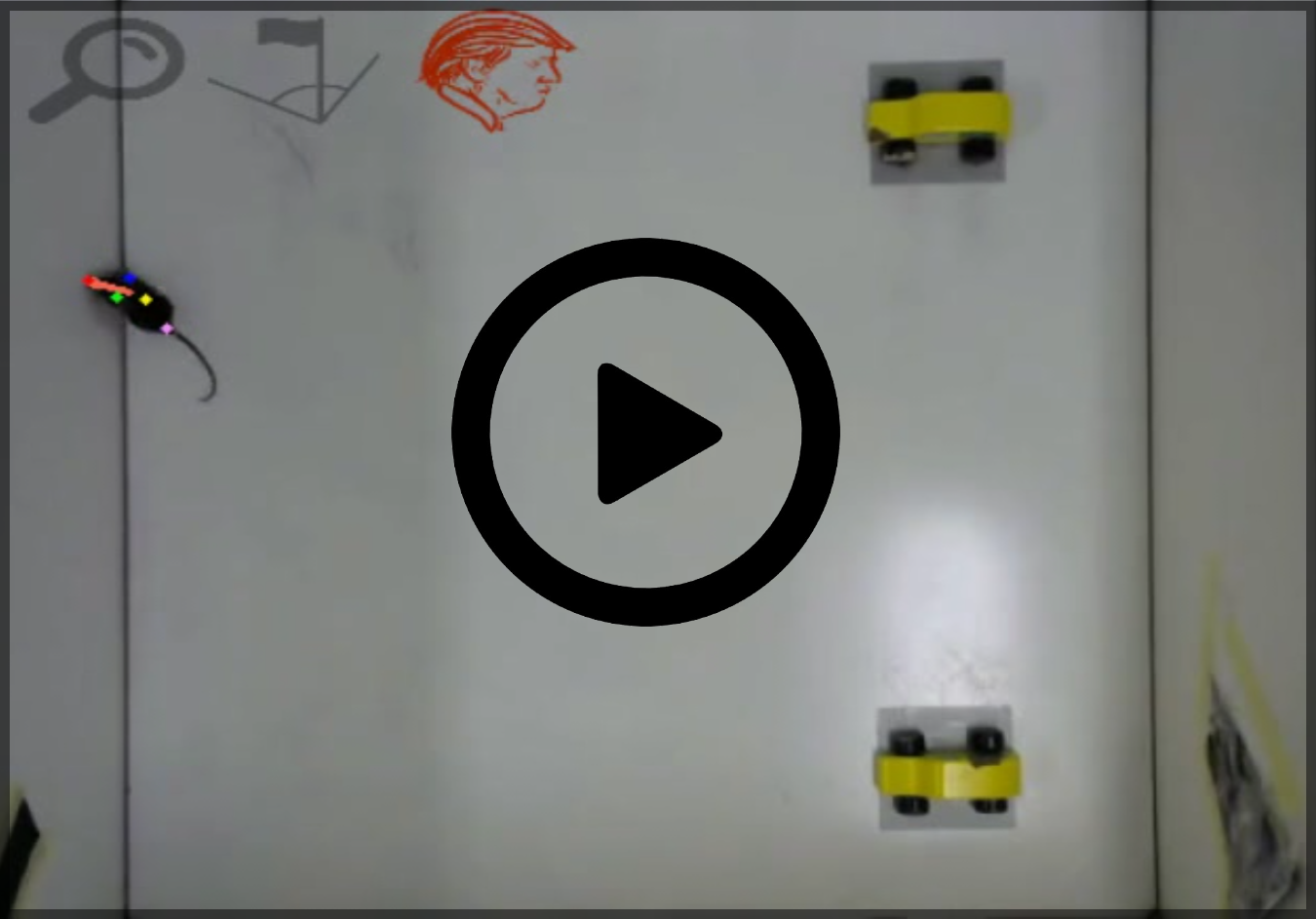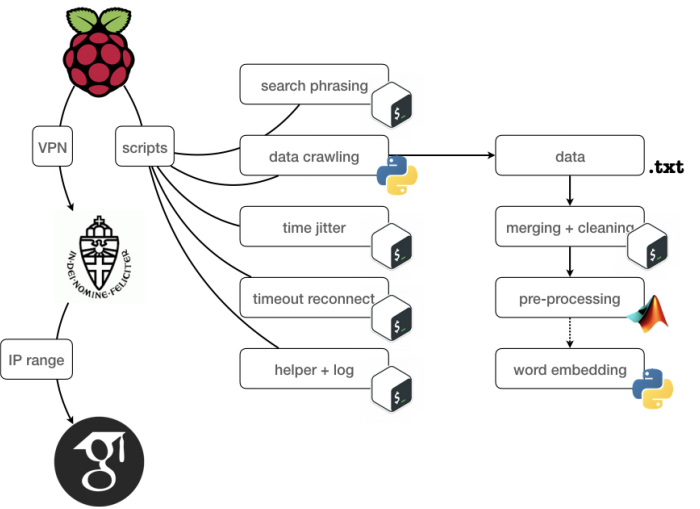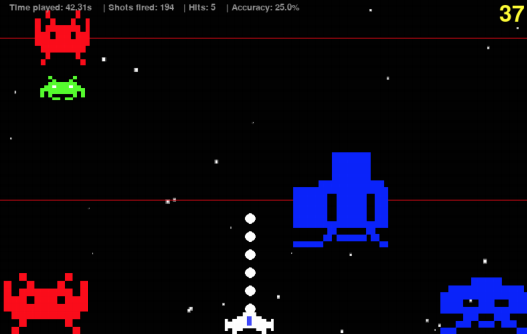About
Data Scientist with a versatile background in Artificial Intelligence, Neuroscience, and modelling in the financial industry. My niche is analyzing data to reveal structure from chaos.I am passionate about using predictive modelling to create value for businesses. With my can-do attitude I aim to reconcile data driven techniques with the business side of an organisation to ultimately create products that improve the quality of its clients’ experiences.

Machine Learning Engineer & (Data) Scientist
- Birthday: 17 August 1993
- City: Nijmegen, the Netherlands
- Degree: Master of Science
- Email: Steven.Smits@outlook.com
Hakuna Matata. That is my life's motto. I am convinced this is a pro-active process. For me, this means constantly challenging myself, working on projects, and seeking novel experiences. Approaching each and every day with this attitude allows me to enjoy developing myself in a variety of topics, since hedonistic pleasure is about the joy of mastering any type of activity.
Calisthenics
Artificial Intelligence
Neuroscience
Psychology
Data Science
Programming
Bouldering
Snowboarding
Web Development
Skills
Resume
Resume contains my formal education and professional work experiences. You'll find that the recapitulation of my life is tainted with scientific rigour and interests in acquiring new knowledge in diverse fields. This lead to a compound background that allows me to solve real life and theoretical puzzles.
Summary
Steven Smits
Innovative Machine Learning Engineer with a focus on developing insight for businesses. With a background in various fields, I approach problems through many points of view to ensure maximum value for all stakeholders.
- The Netherlands, Nijmegen
- Steven.Smits@outlook.com
Education
MSc. Artificial Intelligence
Radboud University Nijmegen
2017 - 2019
Cum Laude
Computation in Neural and Artificial Systems
Interdisciplinary AI programme with a focus on areas such as mathematics, computer science, psychology, and neuroscience combined with a core foundation of artificial intelligence.
MSc. Cognitive Neuroscience
Radboud University Nijmegen, Donders Institute
2016 - 2019
Cum Laude
Neuroplasticity and Memory
Research programme focusing on the mechanistic underpinnings and behavioural consequences of long-term changes in neural structure and function.
BSc. Psychology
Radboud University Nijmegen
2012 - 2015
Cum Laude
Neuroscience and Artificial Intelligence
Programme focusing on statistics, cognitive neuroscience and behavioural research in relation to learning, memory, perception and emotions.
Professional Experience
Quantitative Risk Modeler
de Volksbank
2021 - present
Development, maintenance, and production of Regulatory Capital (LGD, PD, EAD) models in the Credit Risk domain. With a complementary focus on explanatory dashboards to aid stakeholders (i.e. Finance Reporting, Arrears Management, Balance Sheet Management) in model-based periodic decision making.
Quantitative Trainee
de Volksbank
2019 - 2021
Two-year traineeship focused on Data Science within the banking industry. The traineeship contains four six-month projects at varying departments of personal choice.
- Project 1: Artificial Intelligence Centre.
- Project 2: Central Portfoliomanagement
- Project 3: Credit Risk Modeling
- Project 4: Digital Marketing
Intern Neuroinformatics
Memory Dynamics, Radboud University
2018 - 2019
Thesis project: Kinetic Action Recognition Deep learning in combination with transfer learning were implemented to classify behaviours of mice in videos. The network was able to frame-wise label several behaviours with high accuracy, potentially being able to replace the current standard of human scoring used in translational neuroscience.
Teaching-assistant Quality Assurances
HAN University of Applied Sciences
2014 - 2016
Gaining insight in quality of courses using interactive questionnaires and data analysis.
Projects

Thesis: Kinetic Action Recognition
Deep learning in combination with transfer learning were implemented to classify behaviours of mice in videos. The network was able to frame-wise label several behaviours with high accuracy, potentially being able to replace the current standard of human scoring used in translational neuroscience.

Predicting Academic Popularity
A web crawler was used to collect titles of scientific papers and their number of citations from Google Scholar. A deep convolutional neural network was successfully implemented to predict popularity of new scientific papers based on their titles. Additionally, a Generative Adversarial Network (GAN) was engineered to produce the most effective paper titles.
Bibliography
Schut, E. H., Alonso, A., Smits, S., Khamassi, M., Samanta, A., Negwer, M., Kasri, N. N., Navarro Lobato, I., & Genzel, L. (2020). The object space task reveals increased expression of cumulative memory in a mouse model of Kleefstra syndrome. Neurobiology of Learning and Memory, 173, 107265. https://doi.org/10.1016/j.nlm.2020.107265!



